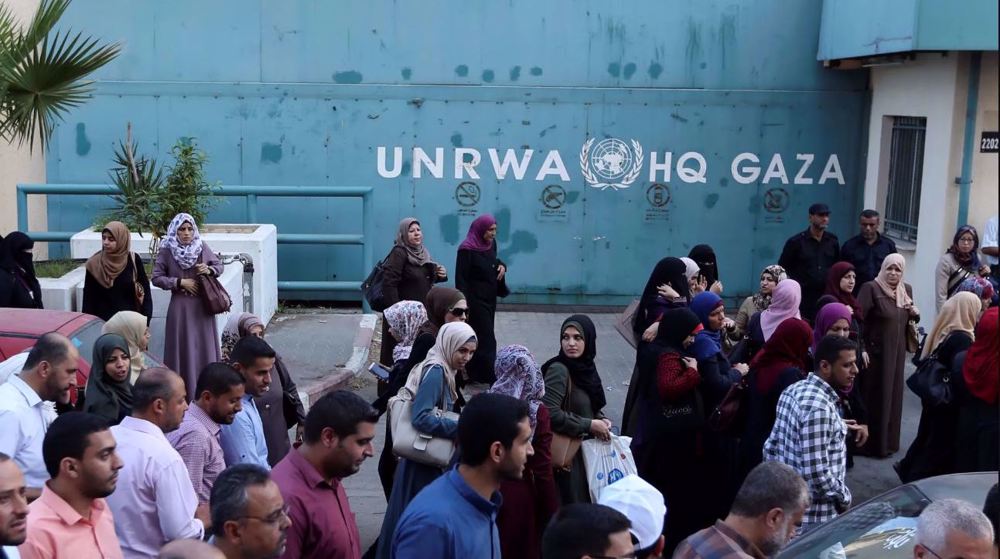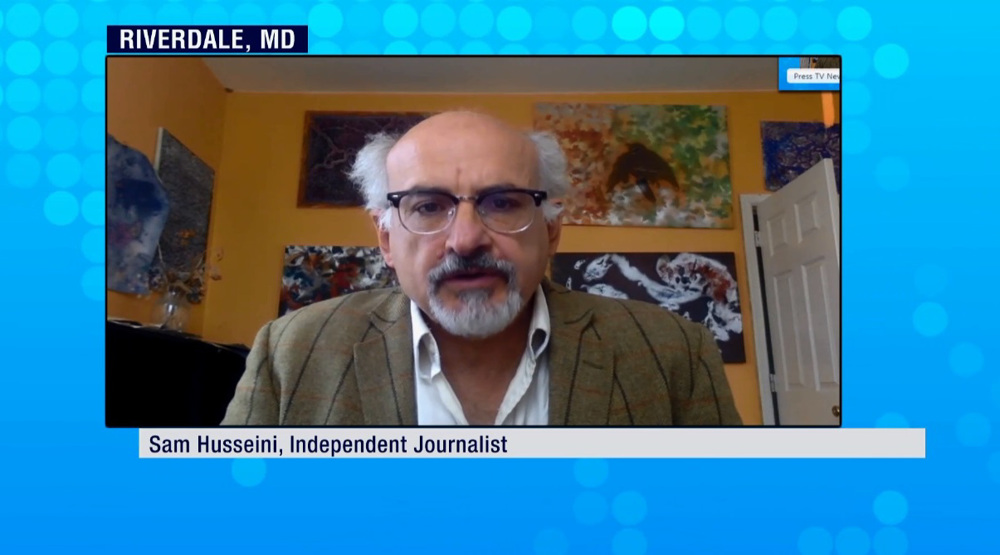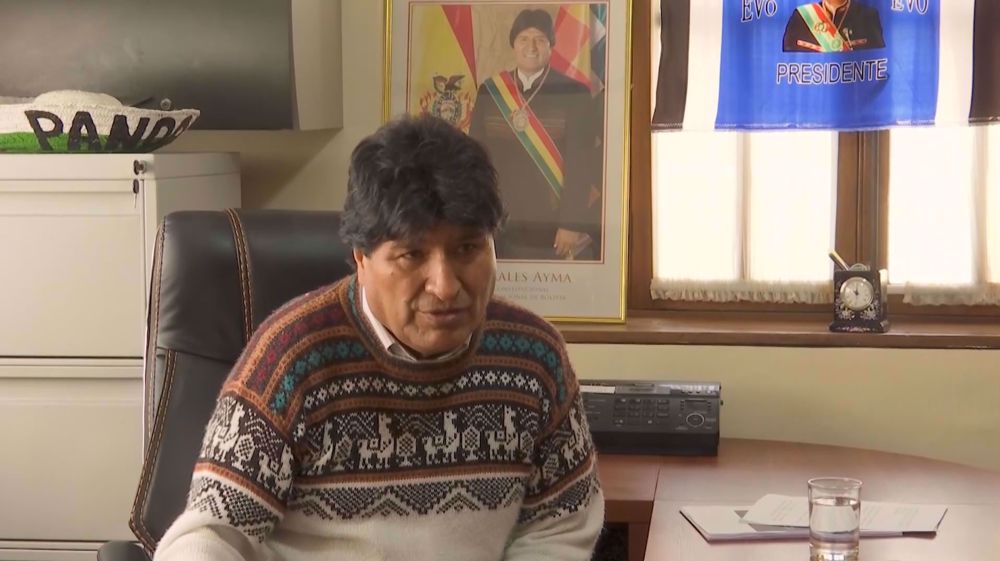Colombia losing peace deal to opposition: Commentator
The Colombians’ strong 'No' vote to a peace deal between their government and the Revolutionary Armed Forces of Colombia (FARC) rebel group seems to be the result of a powerful campaign by ex-president Alvaro Uribe, Ramin Vahidzadeh, an Ibero-American affairs expert told Press TV’s 'Top 5' program.
Half of the Colombian population did not participate in Sunday's referendum, Vahidzadeh said, noting, “The main reason is that people that are normally voting in Colombia are the [upper] class and the middle class," who have right-wing tendencies.
He noted that Uribe wanted to have such a peace deal during his own tenure and to hold talks with the rebels through the government of Oscar Ivan Zuluaga if he won the 2014 presidential election. So, Uribe is “somehow irritated by the results."
Voters blasted all hopes for a peace deal between the government and the FARC rebel group. Colombians on Sunday voted 50.21 percent to 49.78 percent against the peace deal, which was meant to halt 52 years of bloody conflict with FARC.
Many analysts warned President Santos that Uribe had been busy since January to campaign against the peace deal between the current government and the FARC rebels, Vahidzadeh stated.
The analyst referred to the short interval between the signing of the deal in Havana and Bogota as the Santos administration's "mistake," saying there was not enough time to campaign for a 'Yes' vote.
He warned that if Santos fails to reverse opposition to the peace agreement, the war with FARC rebels would hit the Latin American country again.
FARC is the largest rebel group in Colombia and has an estimated 7,000 fighters. It has been at war with the government in Bogota since the guerrilla movement rose to prominence in 1964. So far, more than 220,000 people have been killed in clashes between the two sides and 6.6 million others have been displaced. A further 45,000 people are said to be missing.
VIDEO | Pakistan intensifies crackdown against Afghan migrants amid 'security threats'
VIDEO | Paris protest demands ban for Israel at Summer Olympics
VIDEO | Yemeni armed forces intensify naval operations
US police enter Columbia University to clear pro-Palestinian protesters
VIDEO | South Koreans sue Israeli leaders of war crimes in Gaza
UN: Israeli ground offensive in Rafah would be 'tragedy beyond words'
VIDEO | University students in Lebanon hold pro-Palestine demos
VIDEO | Crackdown on pro-Palestine students














 This makes it easy to access the Press TV website
This makes it easy to access the Press TV website